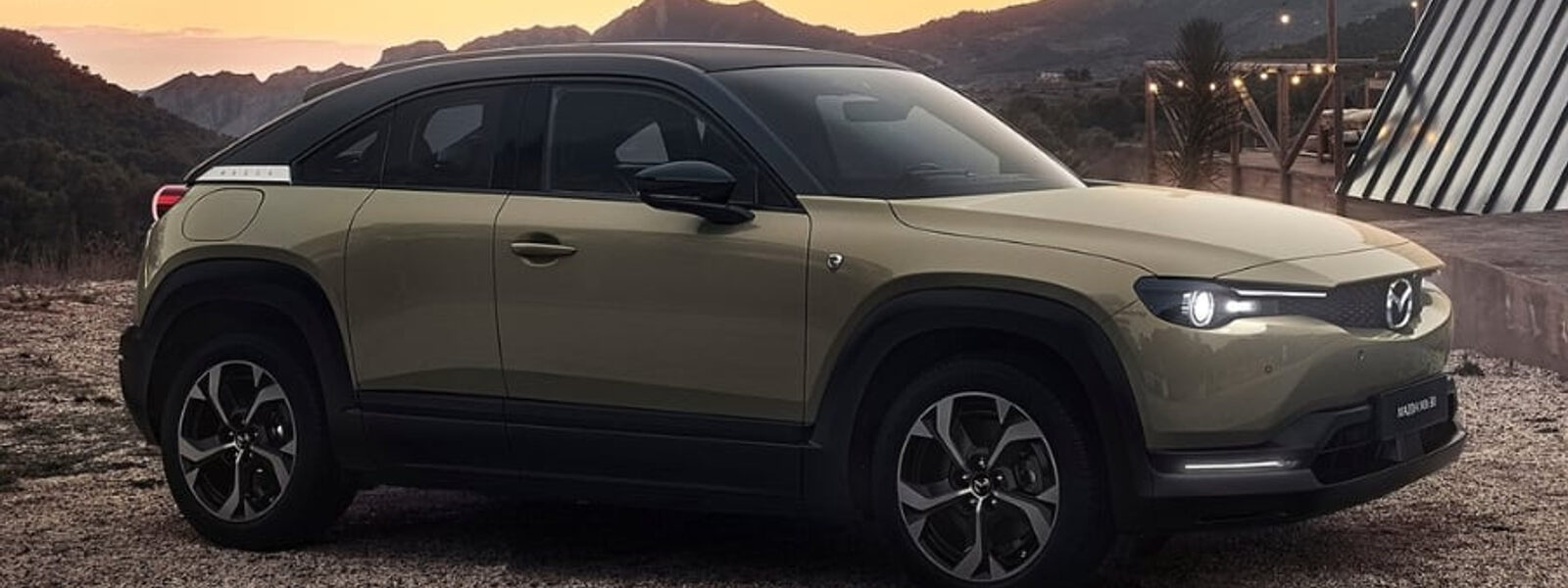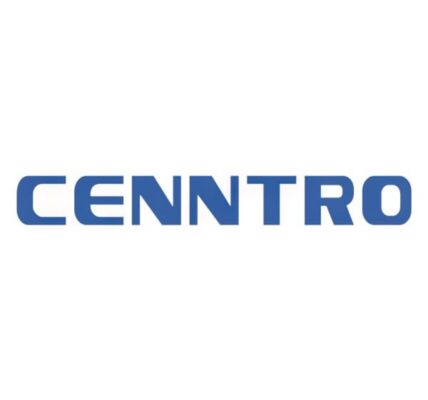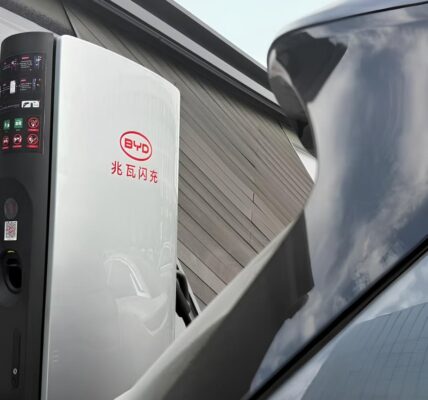The race to lead the US electric vehicle (EV) market is on as brands continue to ramp up their EV production. Ford has invested $3.5 billion to build an EV-dedicated plant in Michigan. American EV startup companies Lucid and Rivian are also taking the fight to established EV brands like Tesla.
Amid the fast-paced EV adoption, Mazda is not feeling the heat to build electric cars in the US. In a report by Automotive News, new Mazda CEO Masahiro Moro said the Japanese automaker may wait until 2028 before it starts localizing the production of EVs in North America. This is a later timeline as compared to what previous Mazda CEO Akira Marumoto had initially planned.
Mazda would instead focus on exporting EVs from its homeland as part of its $10.6 billion investment into electrification through 2030. Part of the blueprint is a third-stage full-EV ramp-up starting in 2028.
“Our assumption for North American production of EVs is Phase 3 timing,” said Moro. He added that Mazda is planning two varieties of full electrics.
One will be an EV based on an existing architecture capable of running with ICE and hybrid powertrains. A dedicated EV platform will underpin the other. Both will be introduced in the 2025-2027 stage two.
Moro admitted the company doesn’t have the money to invest in a new EV factory in North America. Mazda may have two plants in the region, but Moro said they are not thinking about making EVs in any of those soon.
The Mazda MX-30 is the only electric car in the brand’s lineup. It only has 100 miles of range, which doesn’t sound competitive enough. Even America’s cheapest EV, the Chevrolet Bolt, offers twice the range by running 259 miles on a single charge. Although, Mazda said bringing the rotary range extender is possible for the US-spec MX-30.
Only time will tell how the calm approach to electrification will pan out for Mazda. What we know is Moro is familiar with the North American market. He was chairman of Mazda Motor of America before taking the lead role at the company’s administrative division in 2021.








